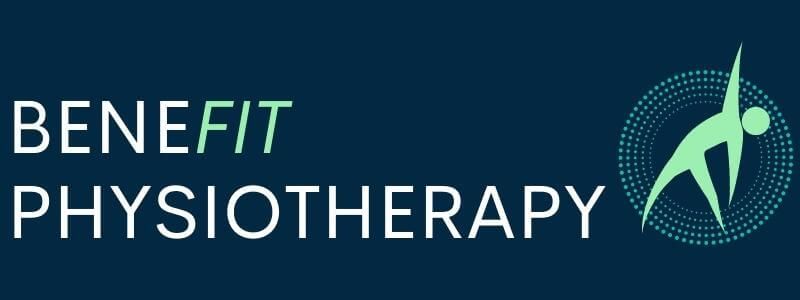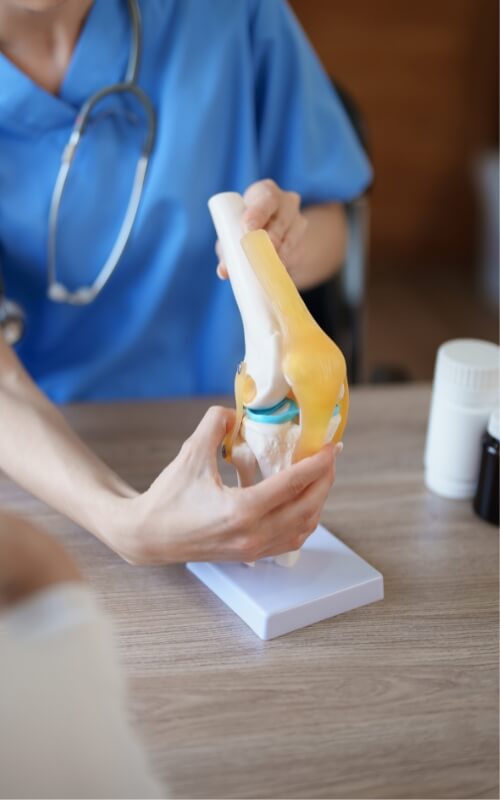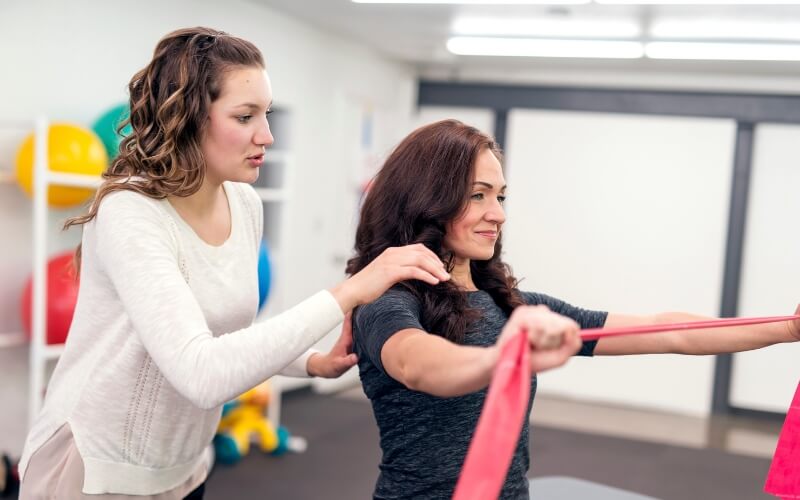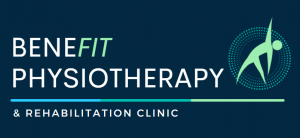Rotator cuff tears are one of the most common shoulder injuries which can often cause a significant impact on an individual’s function.
The term “rotator cuff” refers to a group of four muscles and tendons enveloping the shoulder joint. The role of the rotator cuff is to provide stability and allow smooth motion of the shoulder joint.
An injury or tear in the rotator cuff can occur due to various reasons, such as acute trauma, repetitive overhead motions or aging.
Common symptoms of a rotator cuff tear
Common symptoms of a rotator cuff tear include persistent shoulder pain, weakness in the arm, and difficulty in performing overhead tasks.
You may also experience a crackling sensation when moving your shoulder in certain positions.
The severity of these symptoms often depends on the extent of the tear.
Role of Physiotherapy in the Treatment of a Rotator Cuff Tear
There are several treatment options available for rotator cuff tears, ranging from conservative
approaches to surgical intervention.
Physiotherapy plays a crucial role in the treatment regime of rotator cuff tears irrespective of the severity of the injury.
The goal of physiotherapy intervention is to relieve pain, improve shoulder mobility and restore function following a rotator cuff tear. This may include strengthening or mobility exercises, hands-on treatment, injury education and activity modification.
Key Physiotherapy Interventions for Rotator Cuff Tears
Initial Stages
In the initial stages of a rotator cuff tear, physiotherapy primarily aims to provide pain relief and maintain as much motion as possible.
Rehabilitation
Once the acute phase has been managed, the focus shifts towards restoring this lost mobility and improving strength. Your physiotherapist will tailor a rehab program specifically for you, incorporating a range of exercises to progressively load the affected muscle and tendon.
Final Phase
The final phase of shoulder rehabilitation centres around return-to-activity or sports-specific training, depending on the patient’s individual goals. Physiotherapy for rotator cuff tears not only aids in recovery but also prevents re-injury by promoting optimal shoulder mechanics and function.
Why Opt for Physiotherapy?
The prognosis of a rotator cuff tear greatly depends the type, size, and location of the tear. It can also be affected by the patient’s age, overall health, and adherence to the treatment plan.
Nonetheless, many patients with rotator cuff tears show significant improvement with physiotherapy. It’s noteworthy that even in cases requiring surgical intervention, pre-surgery (prehab) and post-surgery physiotherapy are essential to ensure successful outcomes.
Physiotherapy for rotator cuff tears offers a comprehensive approach to treatment, addressing not only the symptoms but also the underlying causes of the condition.
By improving strength and flexibility, promoting correct movement patterns, and offering education, physiotherapy plays a pivotal role in the recovery and rehabilitation process.
Whether you’re looking to return to your daily routine, work, or sports, physiotherapy can guide you on your path to optimal shoulder health.
If you have a rotator cuff tear and require treatment, book an appointment with one of our physiotherapists, or call us to discuss how we can help you.
One-on-One Physiotherapy Care - Complete Attention - You Deserve It !
Contact Us today to find out how we can help you.






